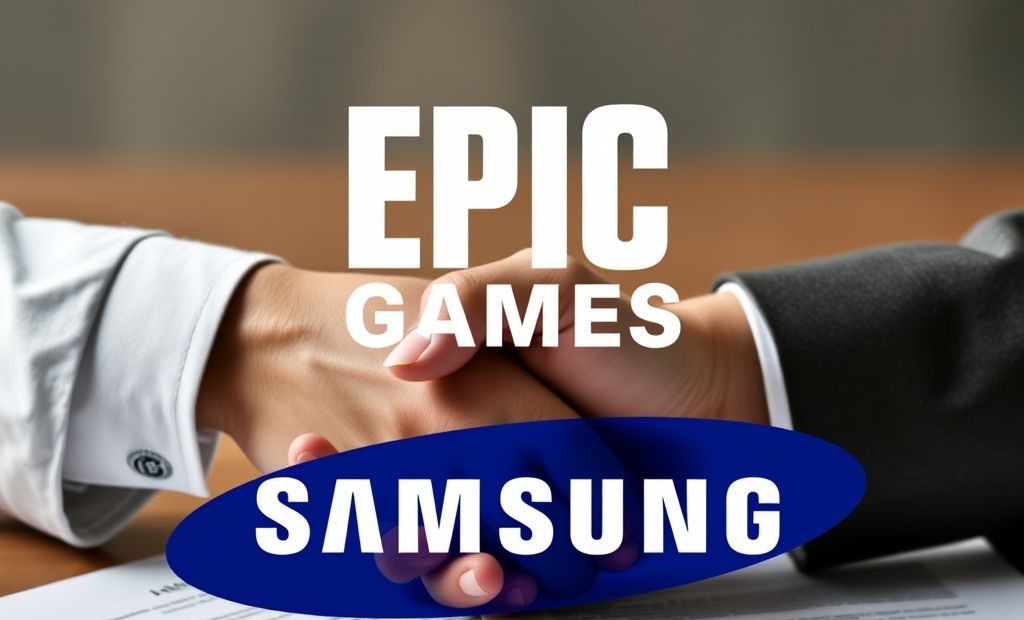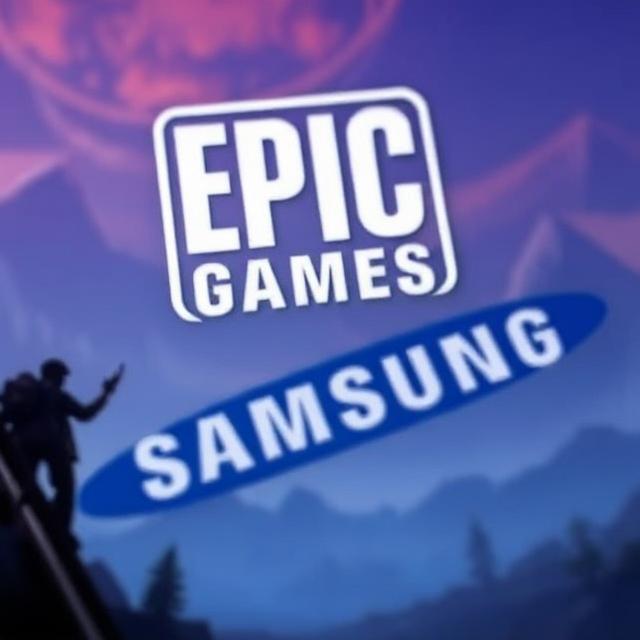Epic Drops Case as Samsung Agrees to Address

Epic Games Settles Antitrust Case Against Samsung Recently, Epic Games creator of the hit game Fortnite reached a confidential settlement in its antitrust case against...
⏱️ Estimated reading time: 2 min
Latest News
Epic Games Settles Antitrust Case Against Samsung
Recently, Epic Games creator of the hit game Fortnite reached a confidential settlement in its antitrust case against Samsung. As a result, Epic has dropped its legal claims concerning Samsung’s controversial Auto Blocker feature. This resolution marks the conclusion of a dispute that alleged Samsung and Google conspired to limit access to alternative app stores although specific terms of the settlement remain undisclosed
Background of the Lawsuit
Initially, Epic Games filed the lawsuit against Samsung, claiming Samsung engaged in antitrust behavior related to its app store policies and pre-installation agreements. Specifically, Epic argued that Samsung’s actions stifled competition and limited consumer choice in the mobile gaming market. In particular, Epic challenged the restrictions Samsung imposed on alternative app distribution methods and in-app payment systems. Consequently, these practices such as the controversial Auto Blocker feature framed the core of Epic’s antitrust complaint
Key Issues in the Dispute
- App Store Policies: Epic Games scrutinized Samsung’s policies concerning its Galaxy Store, alleging that they favored Samsung’s own apps and services.
- Pre-Installation Agreements: The lawsuit addressed Samsung’s practice of pre-installing certain apps, suggesting that this gave those apps an unfair advantage over others.
- In-App Payment Systems: Epic Games has been a vocal critic of the fees charged by app stores for in-app purchases, including those imposed by Samsung.

The Settlement
Although the specific terms of the settlement remain confidential, both companies have agreed to resolve the dispute. As a result, this agreement averts a potentially lengthy and costly trial. Moreover, by settling the case, Epic Games and Samsung can now refocus on their core business objectives and explore future collaborations.
Impact on the Gaming Industry
The resolution of this antitrust case has implications for the broader gaming industry. As more game developers challenge the practices of major platform holders, the outcome of these disputes could shape the future of app distribution and monetization. This settlement may encourage other developers to address similar concerns regarding fairness and competition in the digital marketplace. This could be really impactful for the future of game development.
Related Posts

The Decade of Mobile eSports Revolution
A decade ago, mobile games were dismissed as mere time-killers quick sessions of Candy Crush...
January 31, 2026

Top 5 Racing Games of 2025, Ultimate Recap
Welcome back to Unity King, your ultimate hub for gaming and technology insights! As we...
January 27, 2026
Bluesky Enhances Moderation for Transparency, Better Tracking
Bluesky Updates Moderation Policies for Enhanced Transparency Bluesky, the decentralized social network aiming to compete...
December 11, 2025










Leave a Reply